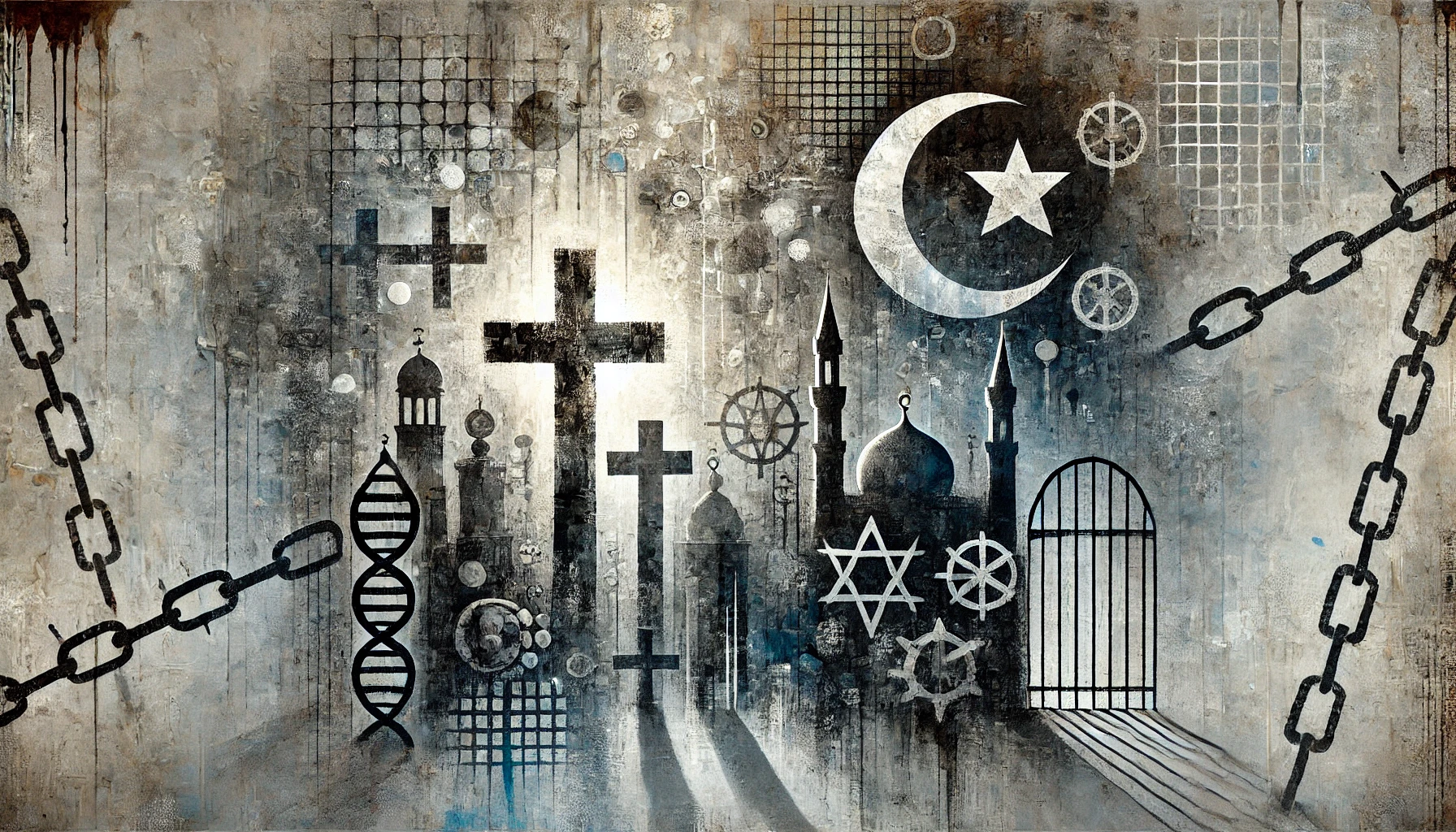Throughout its history, China has had a complex relationship with religion. While some periods saw relative tolerance, the rise of communism in the 20th century led to widespread suppression of religious practices. This analysis will examine the historical context, key events, and personal accounts related to the suppression of religion in communist China.
Historical Context
The Chinese Communist Party (CCP) came to power in 1949 under the leadership of Mao Zedong. The CCP’s ideology, rooted in Marxism-Leninism, viewed religion as a tool of oppression and an obstacle to progress. As a result, the CCP sought to eliminate the influence of religion in Chinese society.1
Anti-Religious Campaigns
The CCP initiated several anti-religious campaigns, such as the “Three-Self Patriotic Movement” in the 1950s, which aimed to control and restrict religious activities.2 During the Cultural Revolution (1966-1976), religious persecution intensified, with places of worship destroyed, religious leaders humiliated and imprisoned, and traditional practices banned.3
Suppression of Specific Religions
Buddhism and Taoism
The CCP viewed Buddhism and Taoism as remnants of China’s feudal past. Monasteries were closed, monks and nuns were forced to return to secular life, and sacred texts were burned.4 For example, the Xiangguo Temple in Kaifeng was converted into a factory, and the monks were forced to work there.5
Christianity
The CCP perceived Christianity as a foreign influence and a threat to its power. Churches were closed, missionaries expelled, and Chinese Christians were pressured to renounce their faith.6 In 1958, the Guangzhou Gospel Church was closed, and its pastor, Wang Zhiming, was publicly executed in 1973.7
Islam
The Uyghur Muslim population in Xinjiang has faced particularly severe religious suppression. Mosques have been demolished, religious practices banned, and Uyghurs have been subjected to mass surveillance and internment in “re-education” camps.8 Gulbahar Jelilova, a Uyghur woman, recounted her experience in a camp where she was forced to renounce her faith.9
Consequences and Legacy
The suppression of religion has had far-reaching consequences for Chinese society. Many religious traditions and practices have been lost, and religious communities have been forced underground.10 Despite some relaxation of restrictions in recent years, religious freedom remains heavily curtailed in China, particularly for groups deemed a threat to CCP authority, such as Falun Gong and Tibetan Buddhists.11
Conclusion
The suppression of religion in communist China has been a systematic and widespread effort to eliminate the influence of religion and assert the dominance of the CCP. Through anti-religious campaigns, the destruction of places of worship, and the persecution of religious leaders and adherents, the CCP has sought to reshape Chinese society in its own image. The legacy of this suppression continues to be felt today, as religious freedom remains elusive for many in China.
1 Yang, F. (2011). Religion in China: Survival and Revival under Communist Rule. Oxford University Press.
2 Welch, H. (1972). Buddhism under Mao. Harvard University Press.
3 Zhe, J. (2020). The Politics of Religion in Modern China: State and Society. Routledge.
4 Welch, H. (1972). Buddhism under Mao. Harvard University Press.
5 Ibid.
6 Bays, D. H. (2012). A New History of Christianity in China. Wiley-Blackwell.
7 Ibid.
8 Zenz, A. (2019). ‘Thoroughly reforming them towards a healthy heart attitude’: China’s political re-education campaign in Xinjiang. Central Asian Survey, 38(1), 102-128.
9 Sudworth, J. (2020, February 18). China Uighurs ‘moved into factory forced labour’ for foreign brands. BBC News.
10 Yang, F. (2011). Religion in China: Survival and Revival under Communist Rule. Oxford University Press.
11 U.S. Department of State. (2020). 2019 Report on International Religious Freedom: China (Includes Tibet, Xinjiang, Hong Kong, and Macau). U.S. Department of State.








